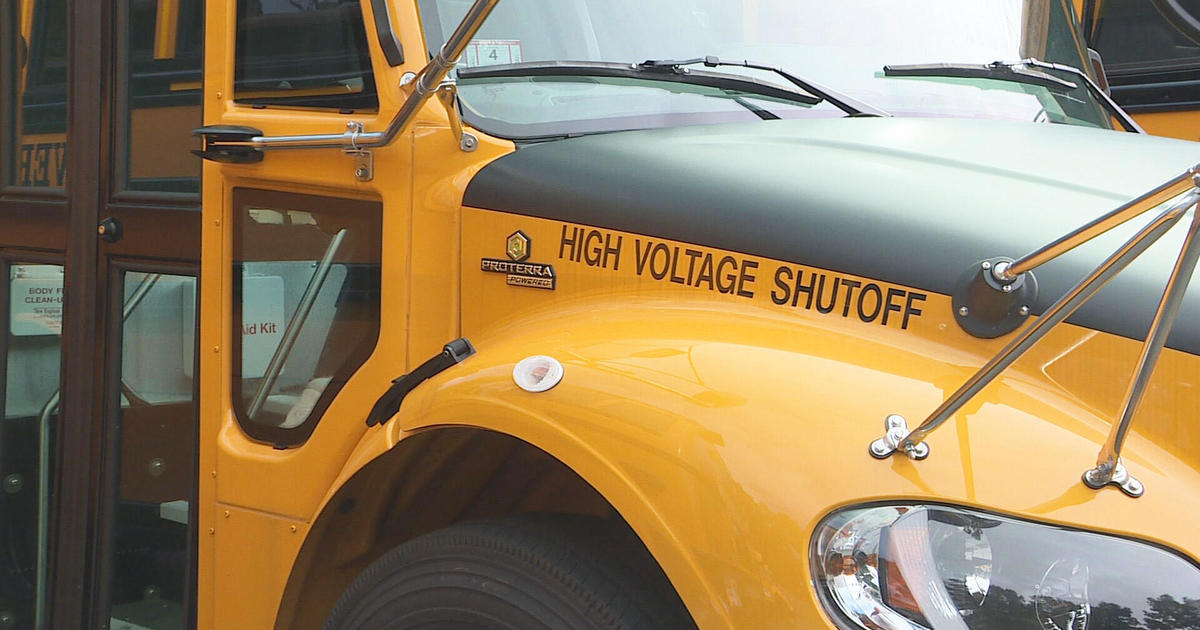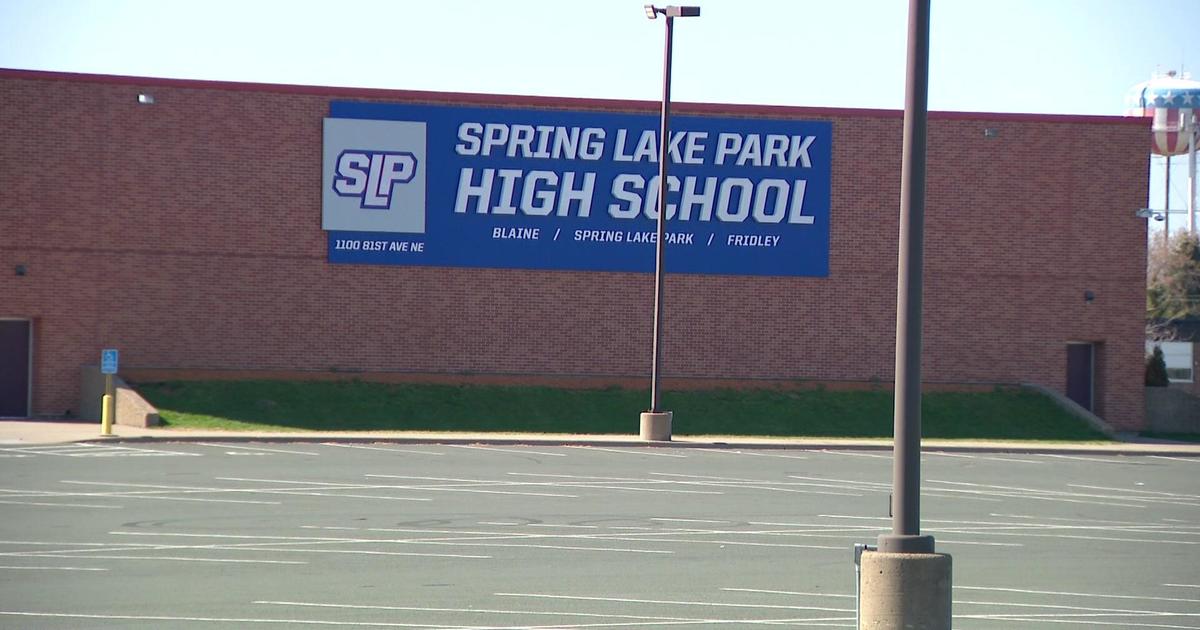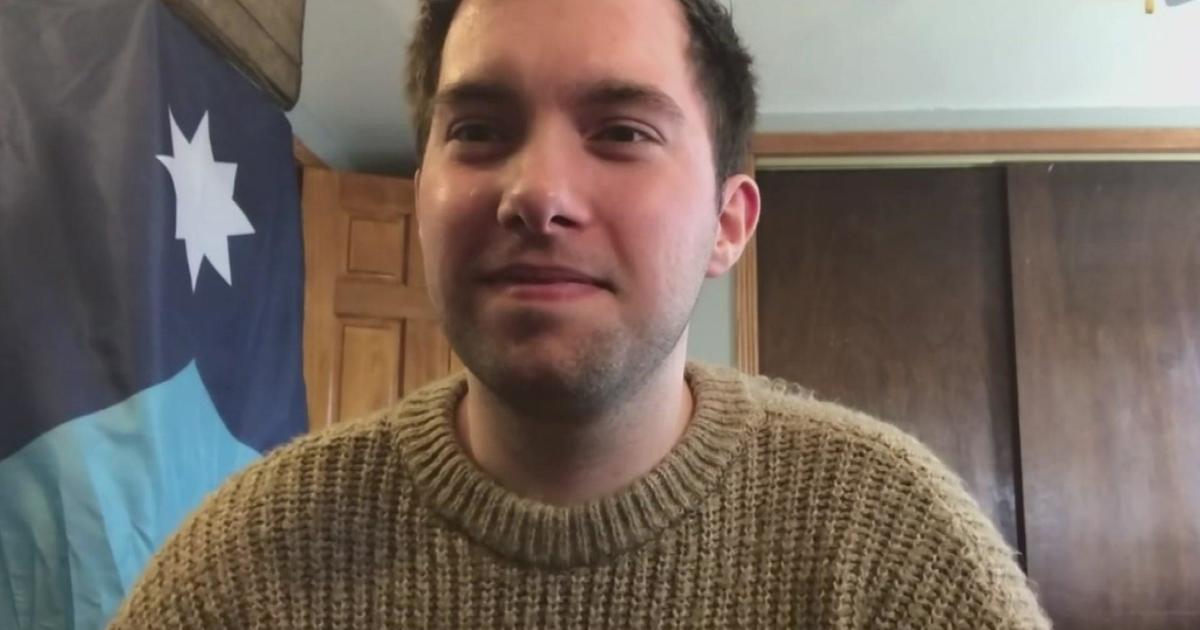Who Decides A School's History Curriculum? Good Question
MINNEAPOLIS (WCCO) - In recent months, there's been a national discussion about history and what our children do and don't learn in the classrooms. Right now, the state of Minnesota is looking closely at those questions.
Every ten years, the Minnesota Department of Education is required by law to review and revise its state standards. For this 2020-2021 school year, is social studies' turn.
On Tuesday, the MDE social studies standards review committee released its first working draft of what the latest standards would look like.
These standards and benchmarks are the basis for what is taught in Minnesota's classrooms. Districts use them to build their curriculum, which is then passed on to schools and teachers.
Anoka High School World History and African American History teacher Lomumba Ismail calls deciding what to teach in the classroom as collaborative effort among the state, district, schools and teachers.
"We still have some room to come to a decision on how we want to deliver those messages," Ismail said. "We make it an effort to tell stories that haven't been told throughout history and voices that haven't been heard throughout history."
Hopkins High School European History and U.S. History teacher Rick Rexroth said teachers do have discretion in what is taught – in and outside of the standards. He estimates about 80% of material is common among all schools.
"You have some professional autonomy," Rexroth said. "I think if you're excited about it and you can get kids excited about it, that's the bottom line."
This school year, MDE brought together a group of 44 teachers, administrators, college faculty and community members from across the state to make up the committee that's currently reviewing the standards.
"We wanted to make sure that the committee is representative of the communities the standards will serve," said Doug Paulson, director of MDE's Academic Division Standards.
The committee has been tasked with looking at how other states approach standards, giving their analysis and incorporating feedback from the public. They've already met twice and will meet again five more in 2021. The public review and comment period for the first draft will run from December 1, 2020 through January 4, 2021.
MORE: To offer feedback, follow this link.
"The goal is that the revised standards would become more culturally responsive and culturally affirming," said Paulson.
Paulson said any feedback is analyzed by the committee. Ultimately, he said99% of what the committee recommends will be accepted by the Commissioner of Education later next year.
"The biggest piece for us is that we're able to change the narrative, so to say, by including our perspective as Tribal Nations," said Beth Tepper, Director of Education for the Shakopee Mdewakanton Sioux Community and member of the review committee.
Both Ismail and Rexroth understand these changes could come with challenges.
"The hard with the standards is to write them broadly enough to include what's important, but also to really understand what is the core of what kids much know and be exposed to understand our country," Rexroth said. "That's going to be political sometimes and that's going to be logistically difficult sometimes."
And, Ismail said it will require changes in how history has been taught.
"We need to constantly push to ask questions, critique history, learn from our mistakes, but also learn from the differences that people share," said Ismail.
On Dec. 16, 17, and 21, the MDE will offer virtual town hall meetings for public comment on draft one of the revised social studies' standards.
Click here for a link to register for the Zooms.



